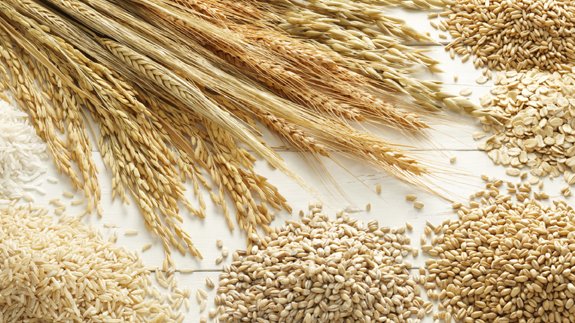From cereal makers to fizzy drink bottlers, the world’s ten largest food and drink companies churn out more greenhouse gases than Scandinavia.
That’s according to a new report from Oxfam which calculates the ‘Big 10’ emit more than Finland, Sweden, Denmark, Norway and Iceland’s total of 250 million tons of greenhouse gases.
In its new report ‘Standing on the Sidelines’, the international agency says the firms – Associated British Foods, Coca-Cola, Danone, General Mills, Kellogg, Mars, Mondelez International, Nestlé, PepsiCo and Unilever – risk “financial ruin” by not doing enough to counter the threat of climate change to their supply of ingredients.
It criticises all of them for not committing to clear targets for slashing their agricultural emissions.
Oxfam’s Director of UK Campaigns and Policy Sally Copley says: “By failing to cut emissions adequately the ‘Big 10’ are putting short term profits ahead of the long term interests of both themselves and the rest of us.”
The charity reckons the companies are capable of cutting their combined emissions by 80 million tons compared to business as usual by 2020 – as much as both Mexico and South Africa have pledged.
Ms Copley adds: “Their influence and wealth are the perfect ingredients to stop putting their businesses at risk and making climate change worse. They need to look at the whole picture from how their ingredients are grown to how their goods are produced to cut emissions.”
Unilever, Coca-Cola and Nestle are shown to be “more assertive” than rivals in policies to tackle climate change but still have “a lot of room for improvement”, according to Oxfam which singled out Kellogg and General Mills as two of the worst performers.
Oxfam wants them to disclose the emissions from farming and the biggest polluting suppliers, set targets to cut emissions from their supply chains and be more vocal on the issue with industry and governments.
Kellogg says it is “committed to doing what’s right for the environment and society”, with a spokesperson adding: “As part of this commitment, we are working to reduce greenhouse gas (GHG) emissions – along with energy use and water use – by 15–20% at our manufacturing facilities by 2015.”
ELN contacted several other companies which are yet to respond.





